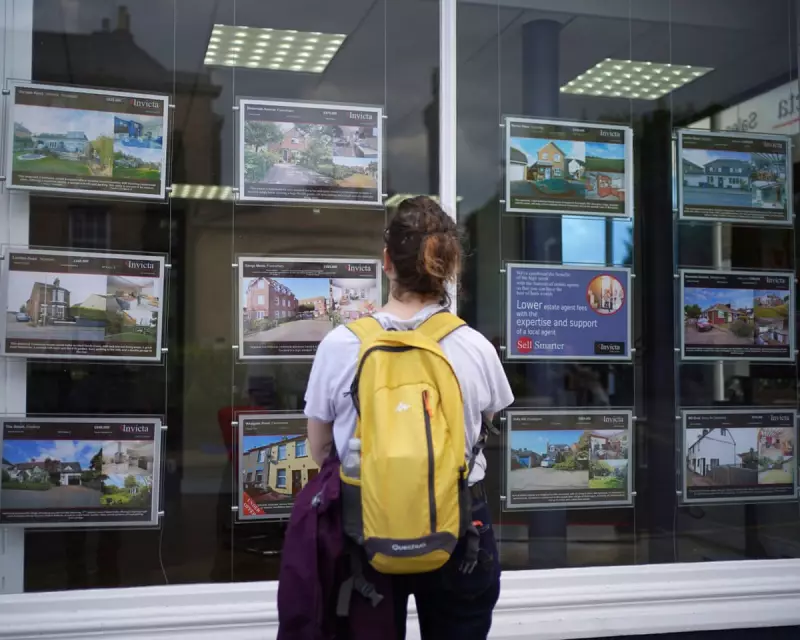
Chancellor Rachel Reeves is facing mounting pressure from leading property experts to abolish stamp duty land tax in the upcoming autumn budget, with prominent industry figures branding the current system a punitive 'sin tax' that distorts the housing market.
The Case Against Stamp Duty
Speaking before the Treasury committee, Kirstie Allsopp, the celebrated presenter of Channel 4's Location, Location, Location, delivered a powerful critique of the existing levy. She revealed that 'people are in a panic' about potential changes and are 'sitting tight' ahead of the budget scheduled for 26 November.
Allsopp argued that purchasing property should not be treated as a transgression, equating the current tax approach to those on cigarettes and alcohol. 'You are actually punished for wanting to buy a more expensive property than the previous one, and that is wrong,' she told MPs. 'Everybody tells you that it is an economic positive to encourage people to move house.'
Her concerns were echoed by other experts who unanimously called for the tax's abolition. Kate Willis, a property taxes technical officer at the Chartered Institute of Taxation, acknowledged that while stamp duty is relatively easy to collect and difficult to avoid, 'economists are almost universally agreed that it does distort economic activity.'
The Real-World Impact on Buyers and the Market
The financial burden on homebuyers is substantial, particularly for those entering the market. Richard Donnell, Research Director at Zoopla, provided stark figures, noting that 40% of first-time buyers using their platform now pay stamp duty. This figure soars to nearly 80% in London, where the average bill reaches approximately £16,000 – representing about 3% of the property's value.
'It's quite a big hit to them,' Donnell stated, adding that the tax is 'trapping a lot of people out of home ownership and that puts big pressure on the rental market.'
The economic consequences extend beyond individual buyers. Tim Leunig, director of economics at Public First Consulting and a former adviser to ministers including Rishi Sunak, explained that 'Every single person in the country is a loser from stamp duty land tax because it restricts people from moving.' This reduced mobility hinders people from pursuing better job opportunities, ultimately suppressing GDP and reducing returns from other taxes like income tax and VAT.
Proposed Solutions and Industry Backlash
The Treasury is actively considering a radical overhaul, with The Guardian revealing in August that officials are examining a new tax on properties worth more than £500,000. This forms part of a broader review that could also see changes to capital gains tax relief on primary residences and the potential introduction of a 'mansion tax' on high-value properties.
However, Leunig has proposed a specific alternative: an annual property tax payable by purchasers of homes exceeding £500,000. His report for the centre-right thinktank Onward suggests a 0.54% yearly levy on the property's value, with a higher rate applied to homes valued over £1 million.
Leunig cautioned that simply abolishing stamp duty without a replacement would cause house prices to spike, especially in London's already heated market. He also expressed scepticism about a standalone mansion tax, questioning why someone spending £2 million on a house should face higher taxes than someone investing the same amount in a French holiday home or a yacht. 'If you're going to have a wealth tax, you should have a wealth tax, rather than isolating one form of wealth,' he argued.
Allsopp shared this scepticism, wryly noting that if a mansion tax targeted properties over £2 million, 'I think there'll be a lot more properties worth £1.9999m.'
The urgency for reform is underscored by market indicators. Taylor Wimpey, one of the UK's largest housebuilders, recently reported a drop in sales during the crucial autumn period, directly attributing the decline to budget uncertainty causing potential buyers to delay their purchases.





